The project “Human Rights and Cinema with Civil Society in Diyarbakır” which aims at contributing to the artistic and cultural aspect of civil society in Diyarbakır and bring together individuals and organizations in the fields of civil society and arts and culture was carried out by Diyarbakır Arts Center September-December 2012. The project was envisioned to help building bridges between civil society workers and art lovers, and was composed of thematic film screenings and round table discussions as a result of the collaborative efforts of the civil society organizations in Diyarbakır. The events, which included film screenings held every other Friday and Saturday, as well as roundtable discussions following the second screening, were designed primarily to connect the human rights debates in Diyarbakır with similar discussions taking place in various parts of the world.
The program started on September 16, 2012, in Sülüklü Han with the opening screening of the documentary ‘Pockets of Resistance’. The program continued with screenings and discussions on Children’s Rights in collaboration with ÇAÇA (Children Under the Same Roof Association) and Migration Research Foundation on September 20-21, 2012; Youth and Education in collaboration with Diyarbakır Eğitim-Sen and Local Agenda City Council Youth Assembly on October 6-7, 2012; and Women and LGBT on October 12-13, 2012. On December 7-8, 2012, the project continued with film screenings and discussions on Human Rights and Social Justice in collaboration with the Human Rights Foundation of Turkey (TİHV) and the Sarmaşık Association. The closing session of the program was held December 26, 2012, with the events focusing on Urbanization and Urban Transformation. The project was supported by the Open Society Foundation.
Human Rights And Cinema With Civil Society In Diyarbakir Booklet
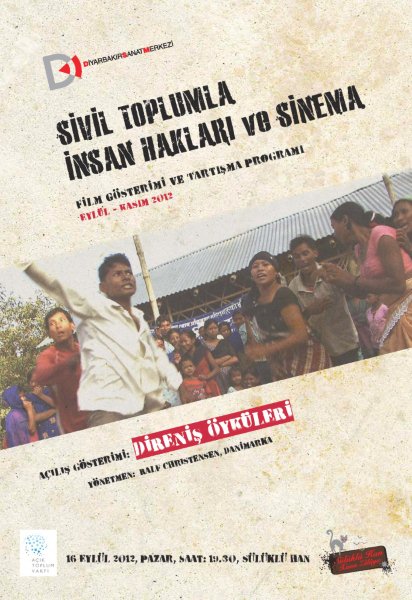
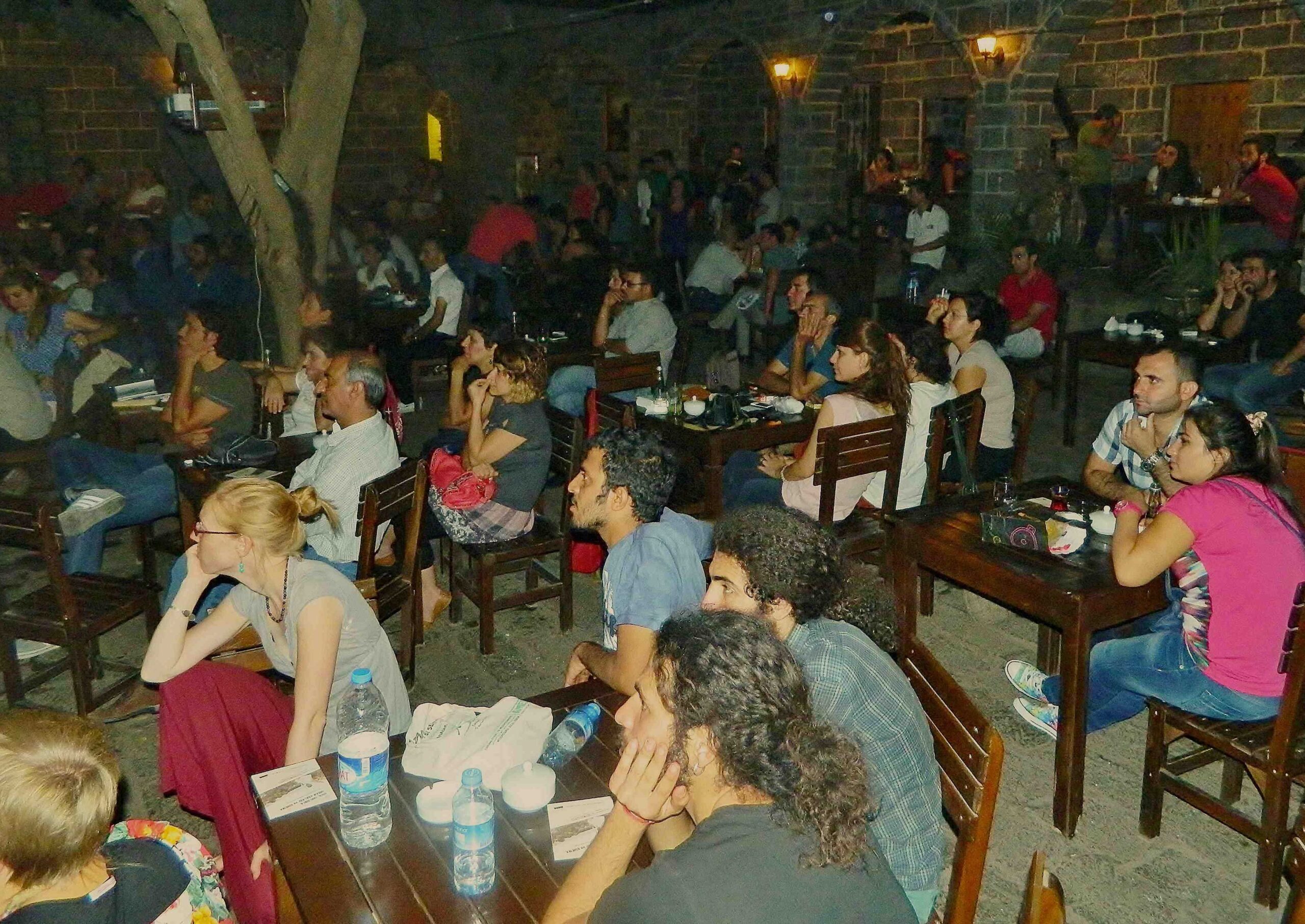
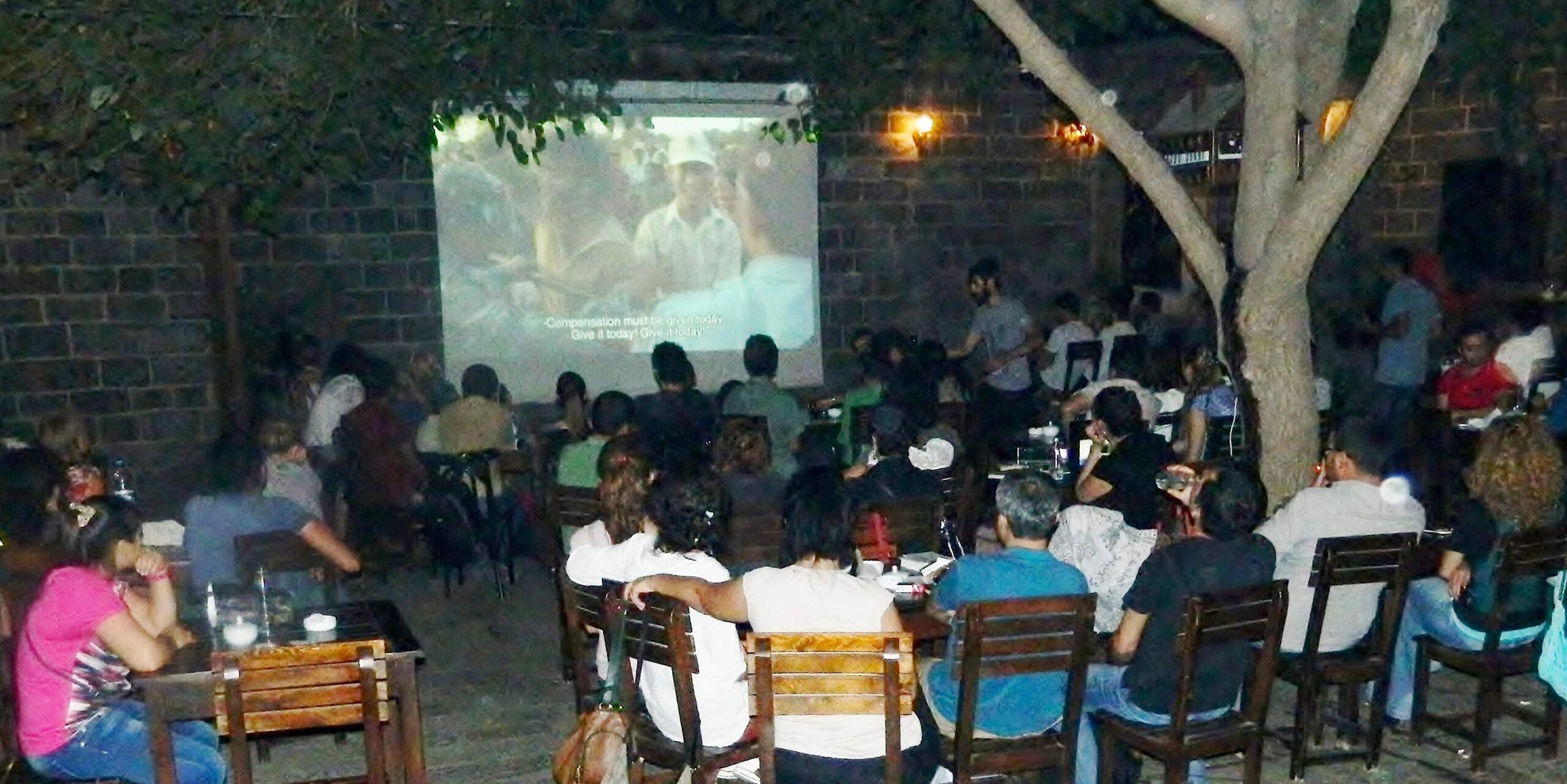
Opening Screening: Pockets of Resistance
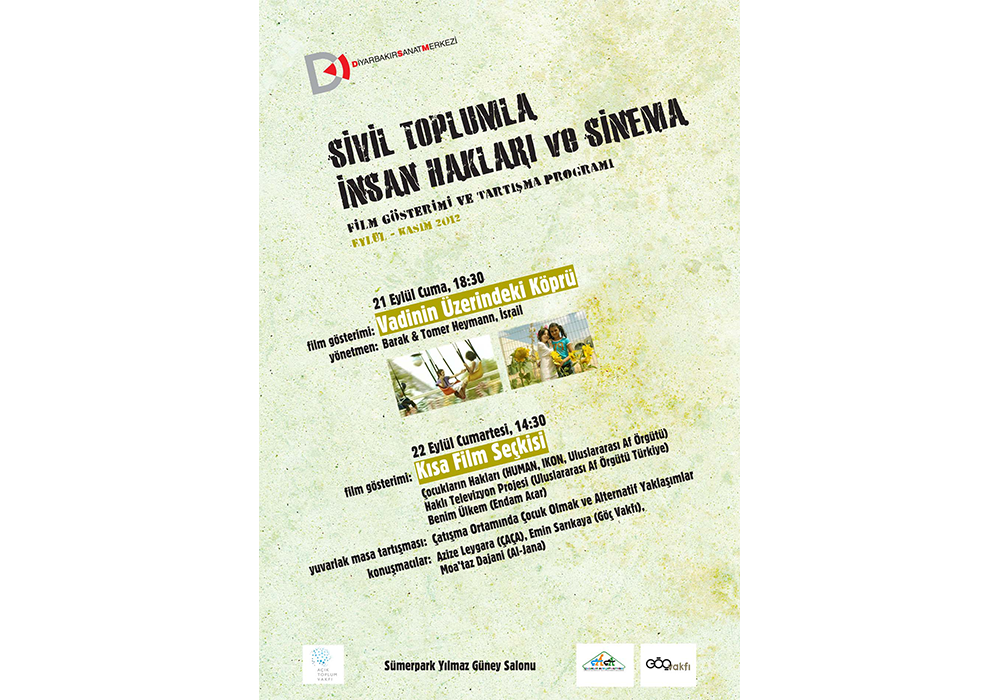
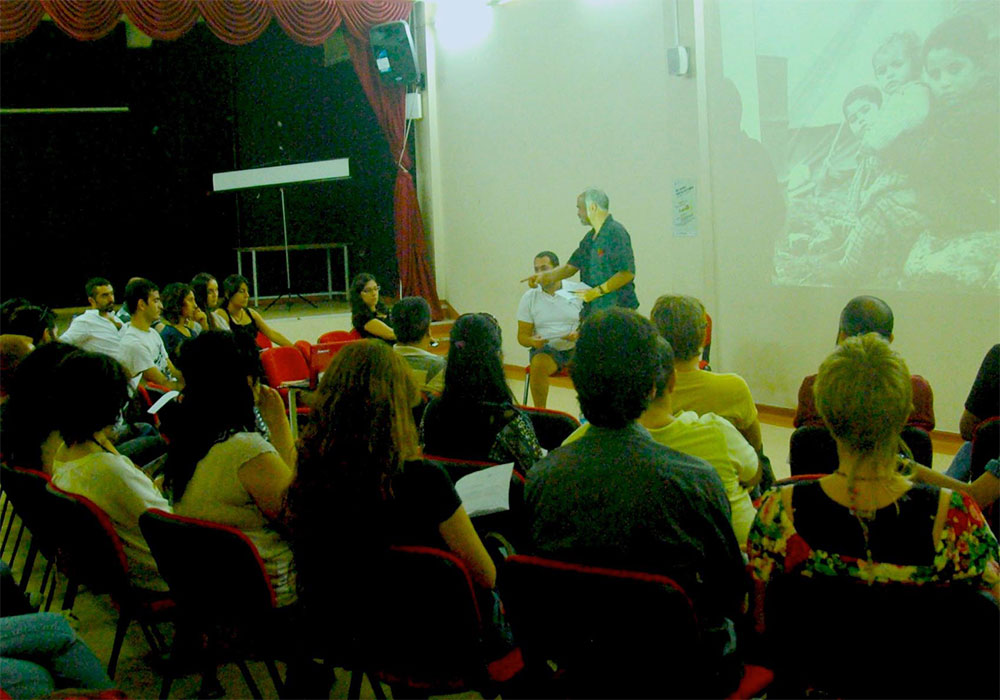
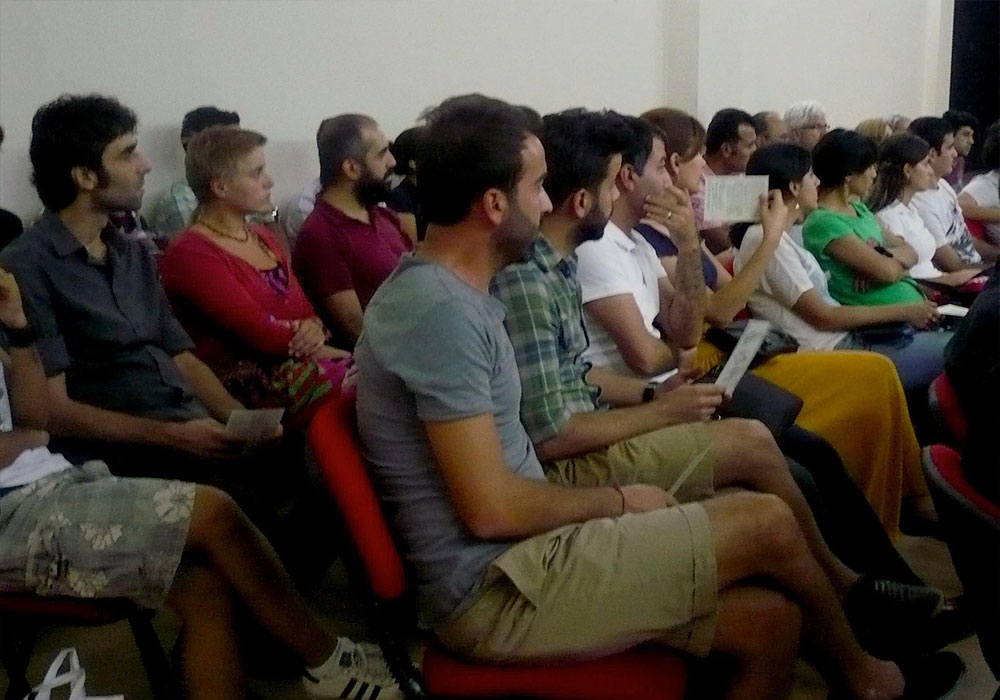
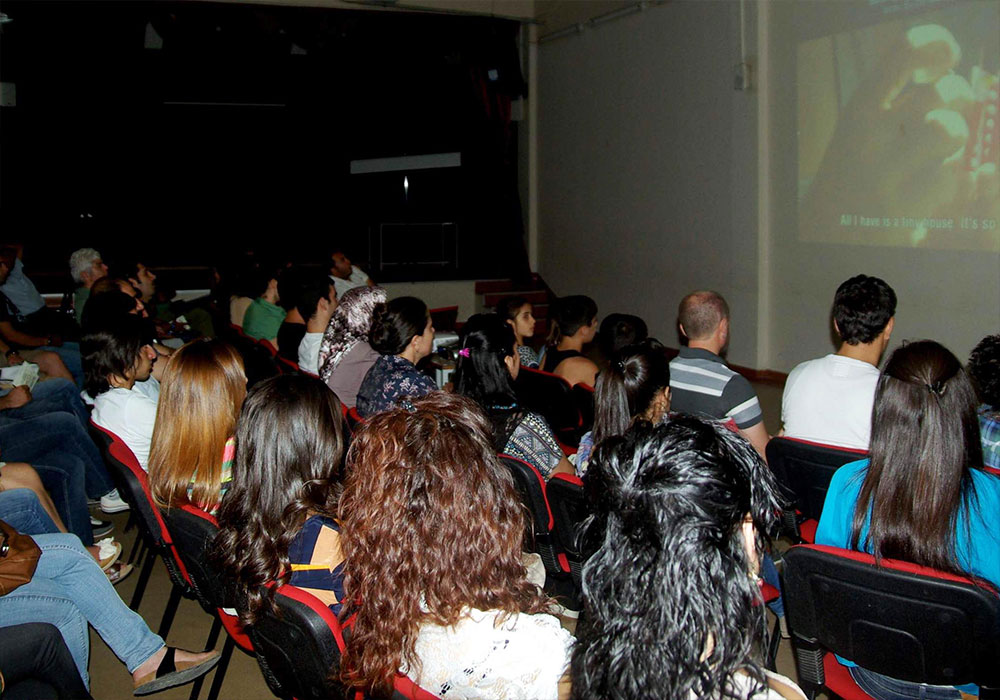
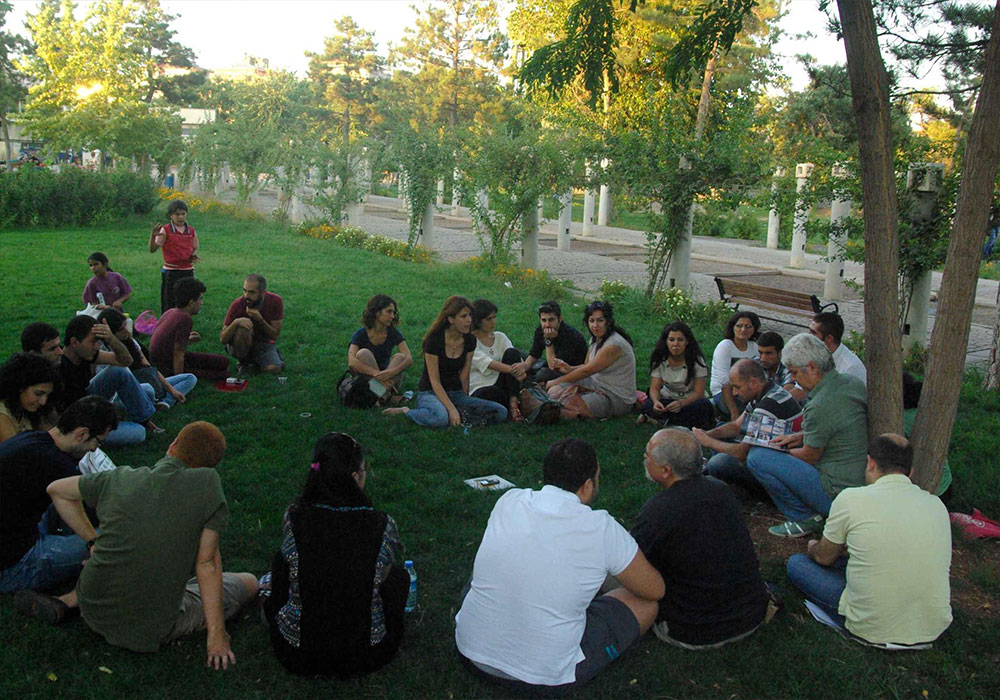
Children’s Rights
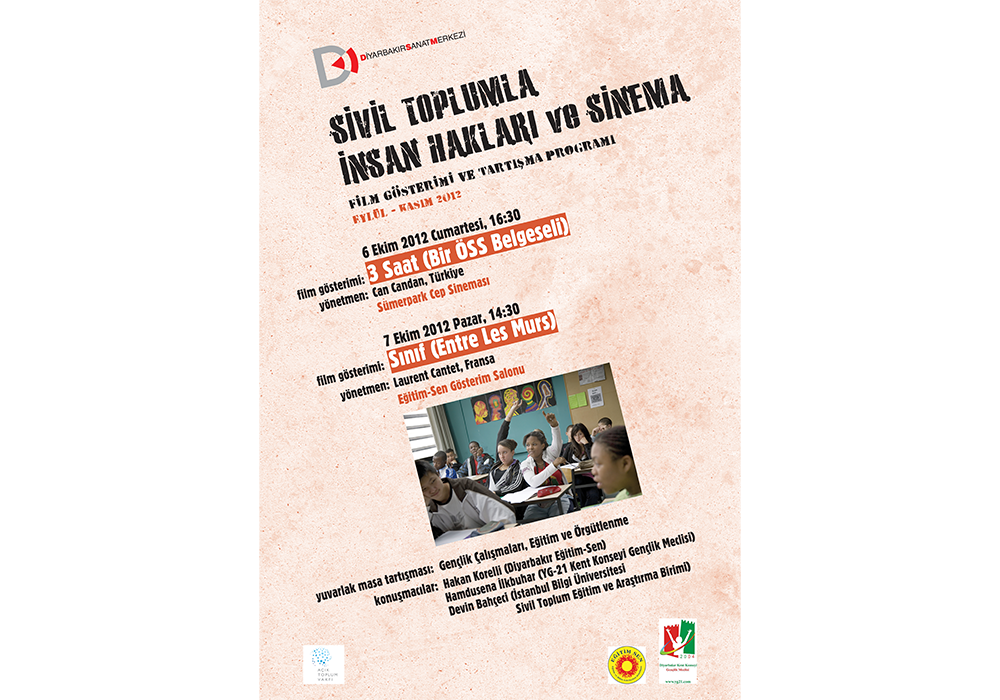
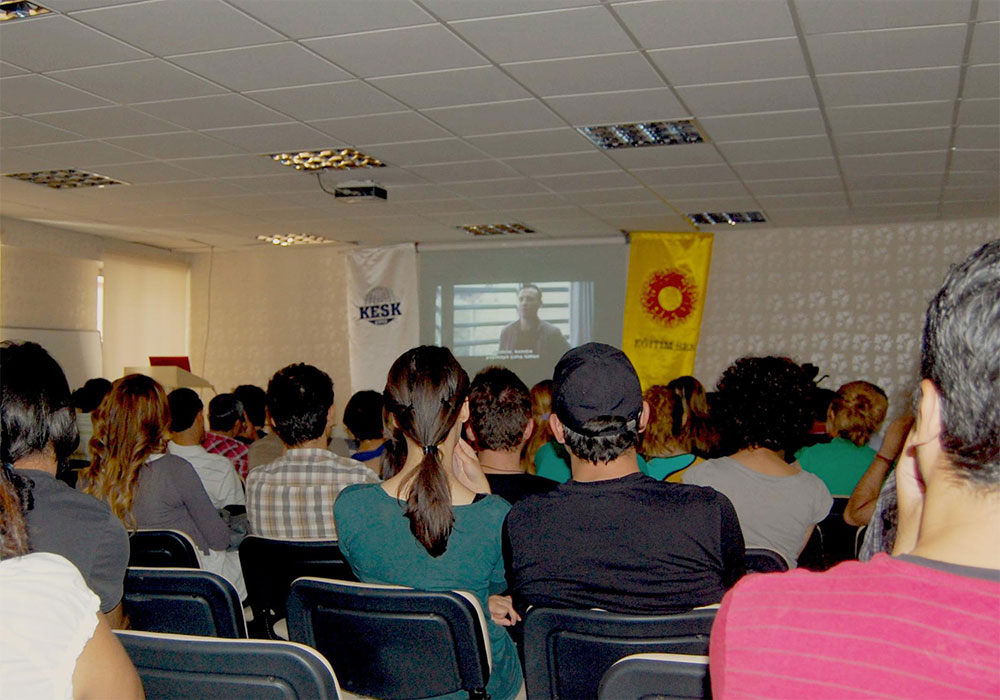
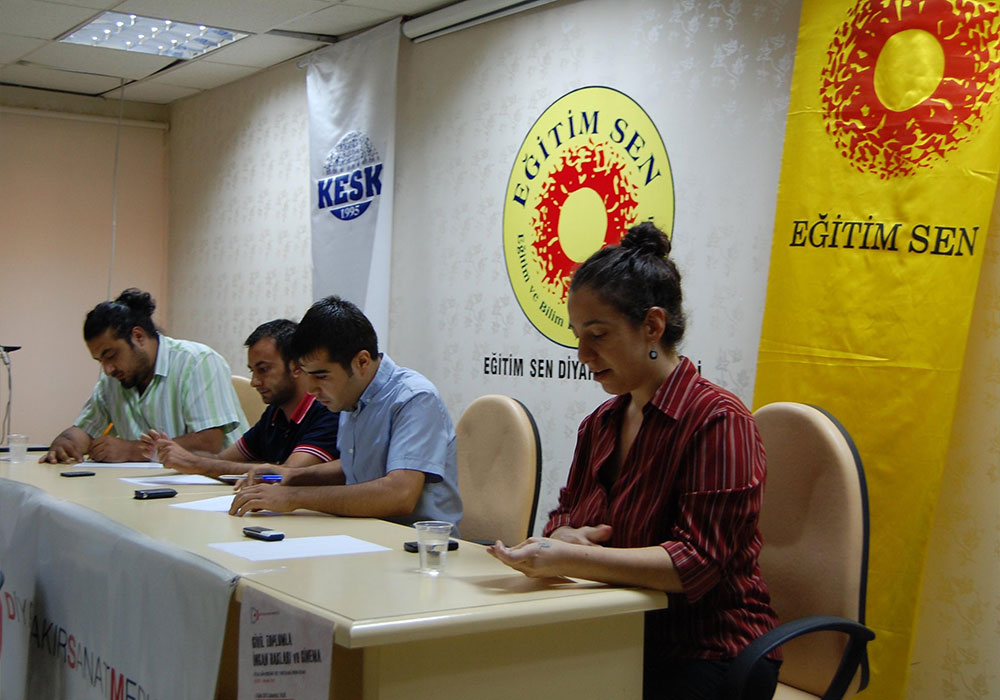
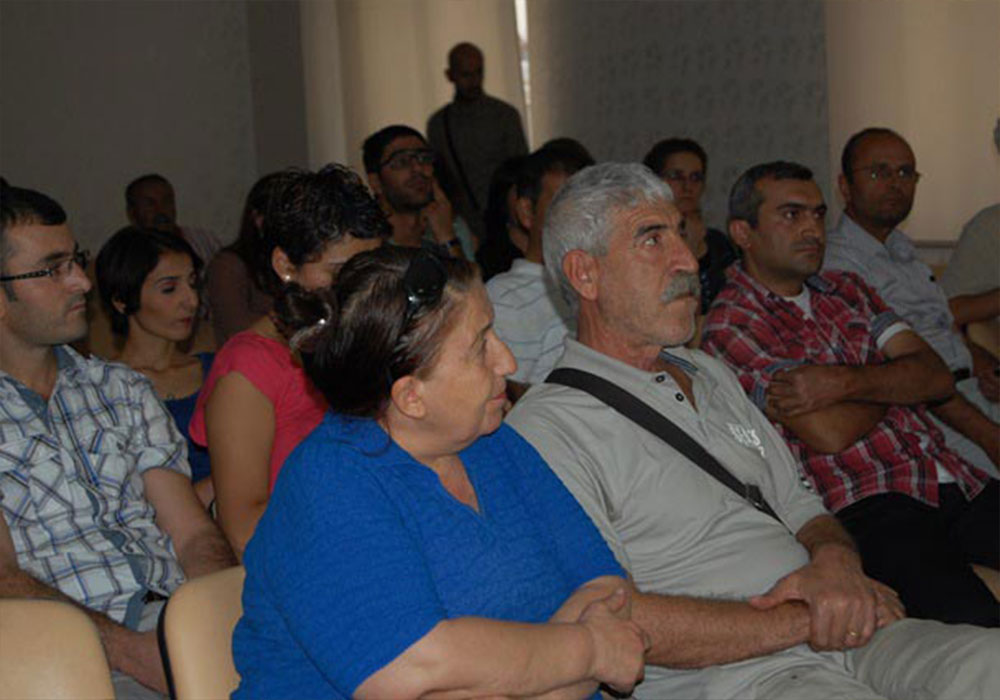
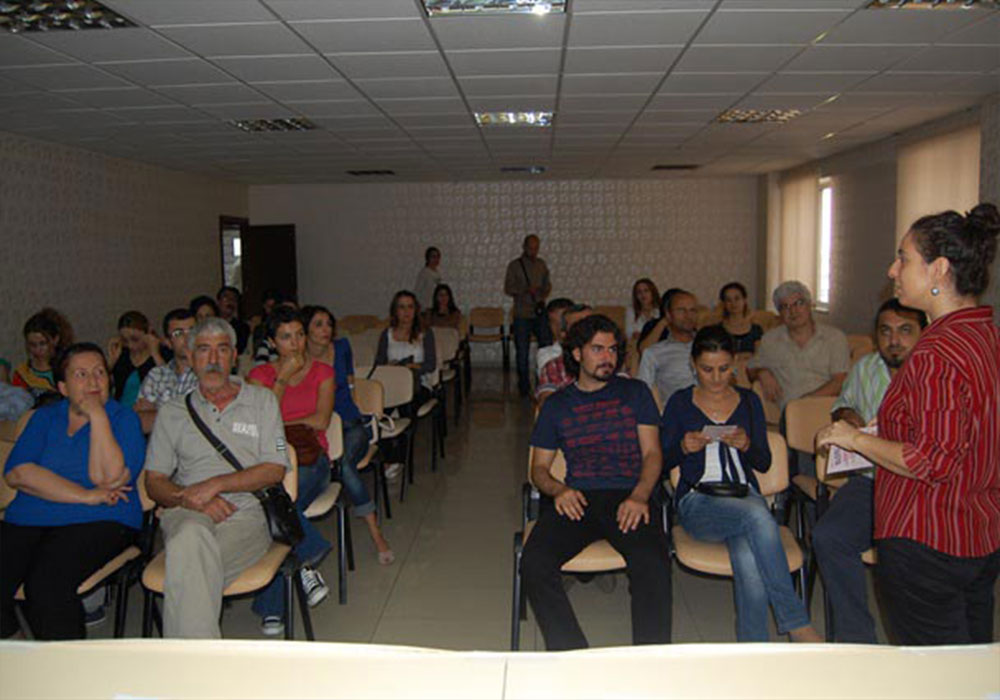
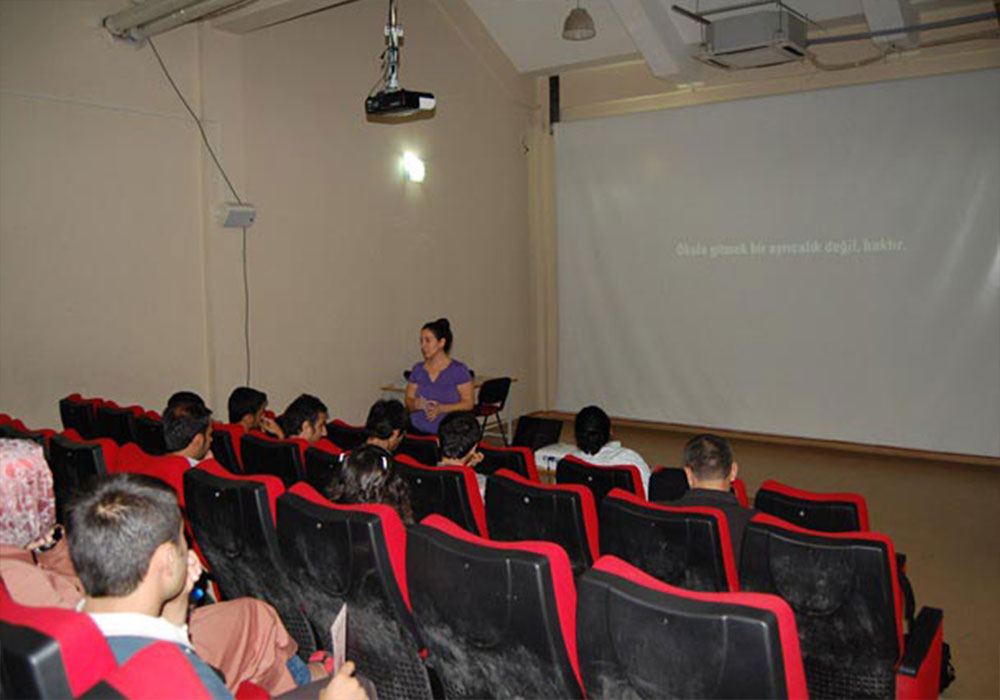
Youth and Education
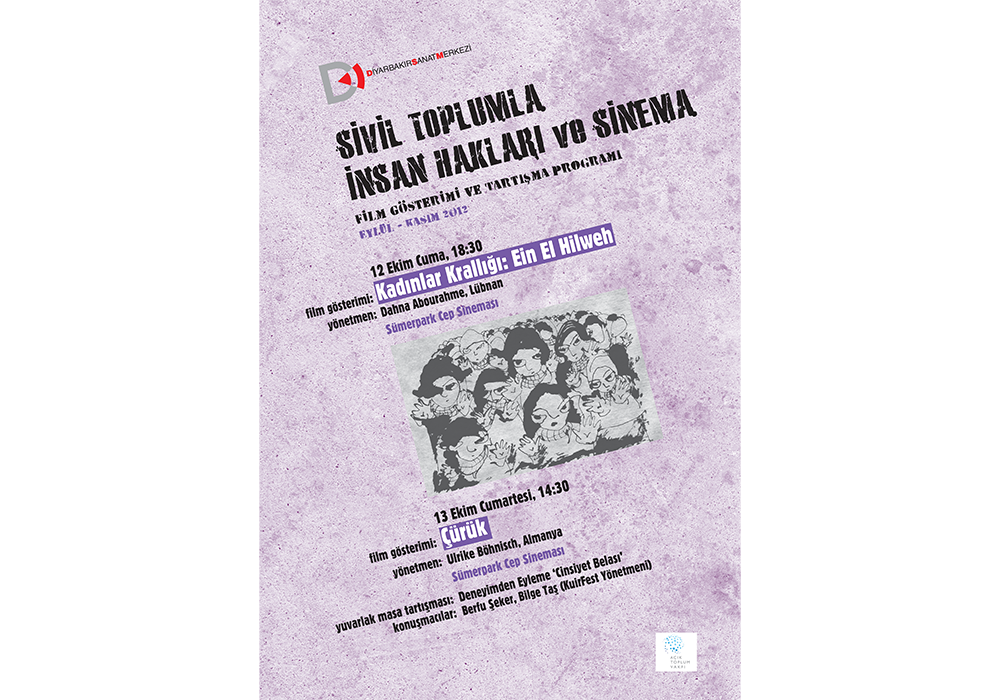
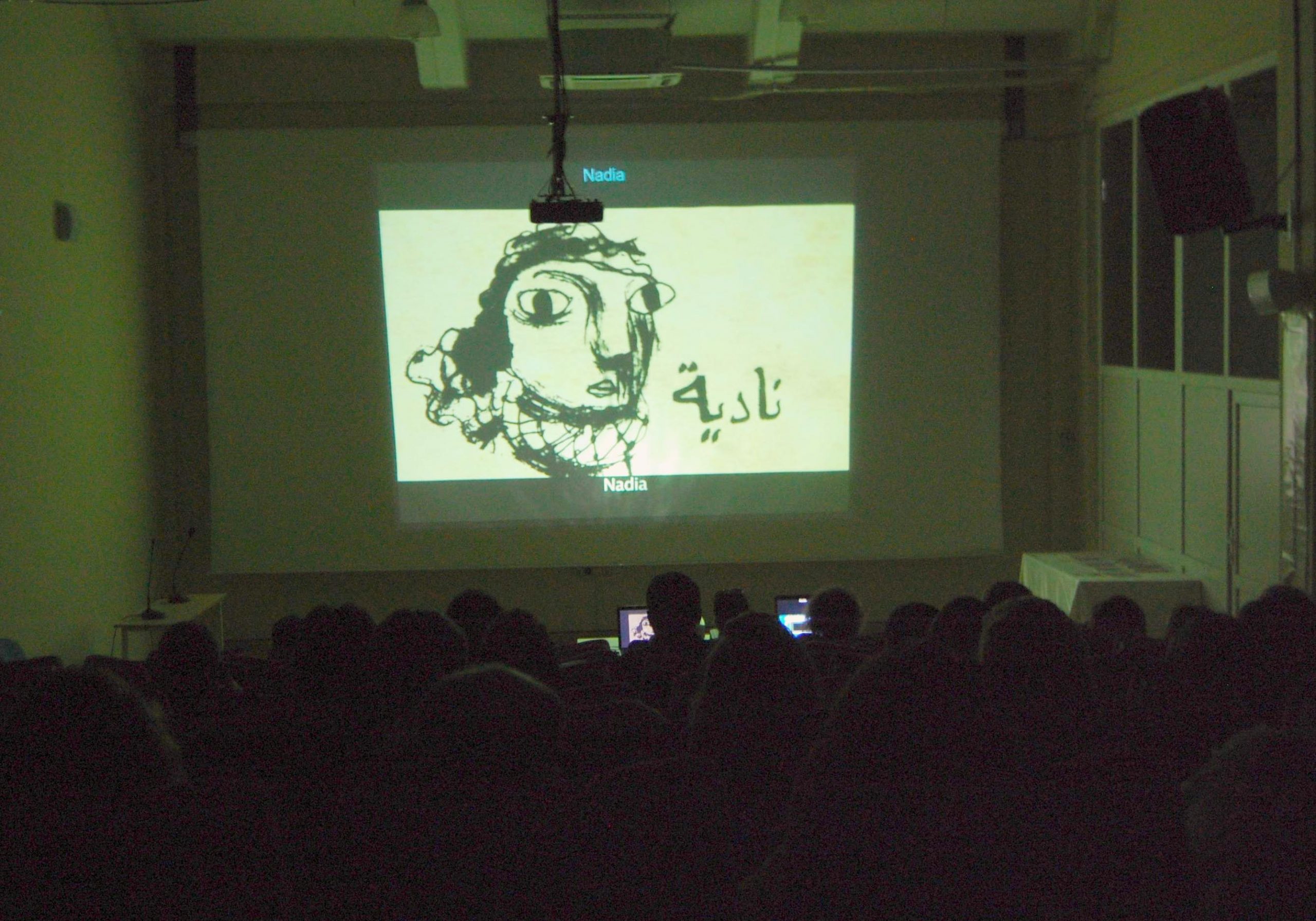
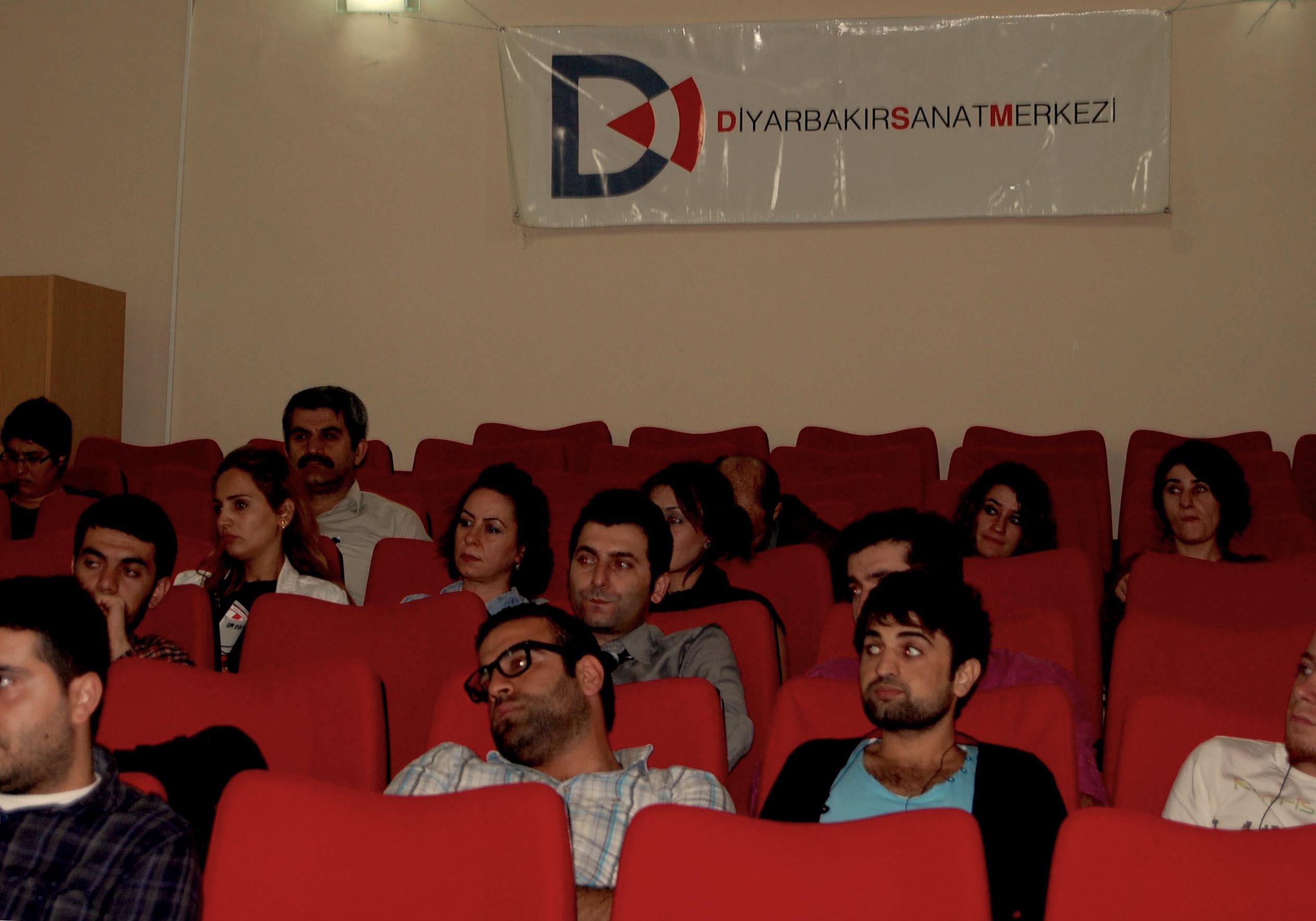
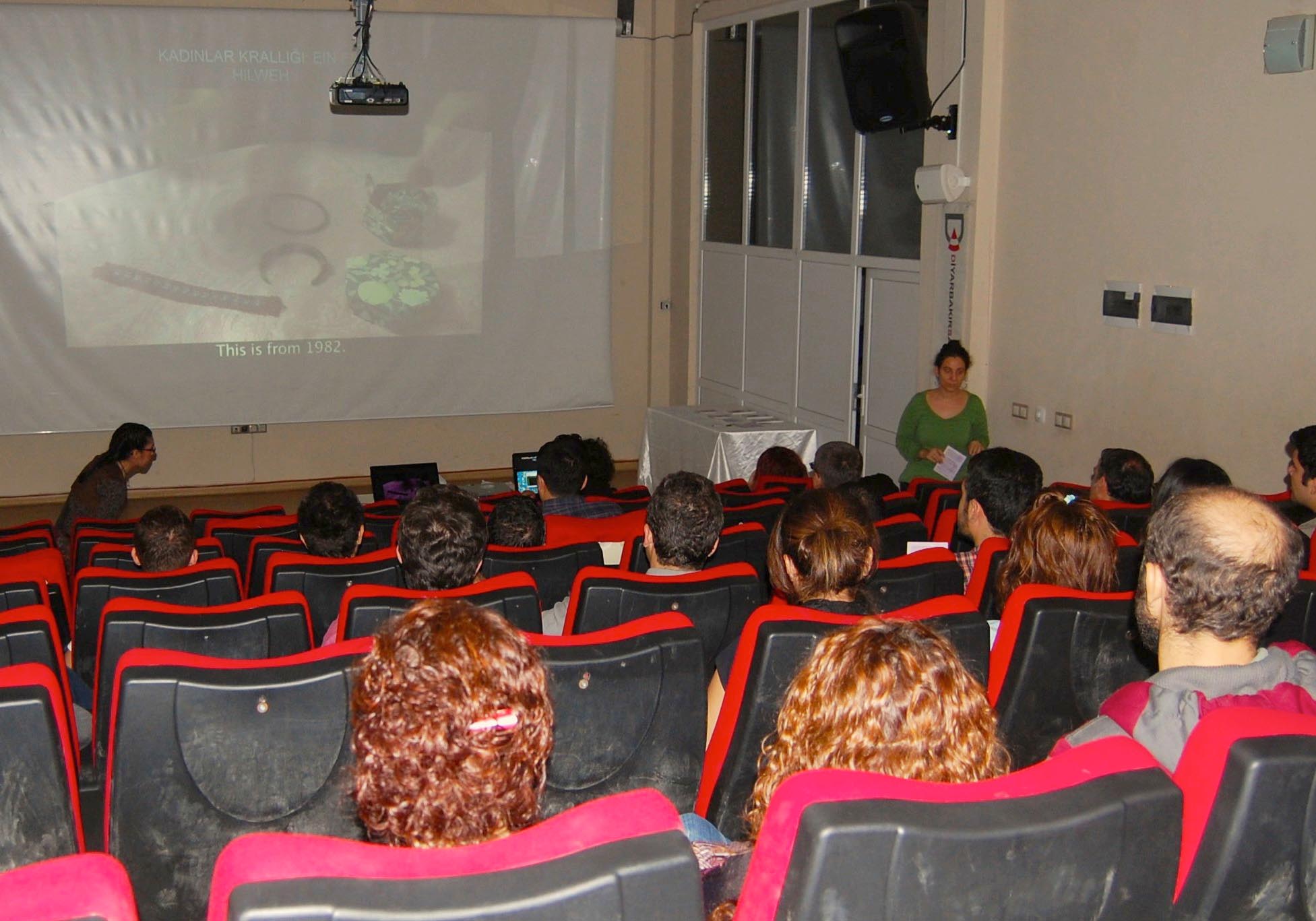
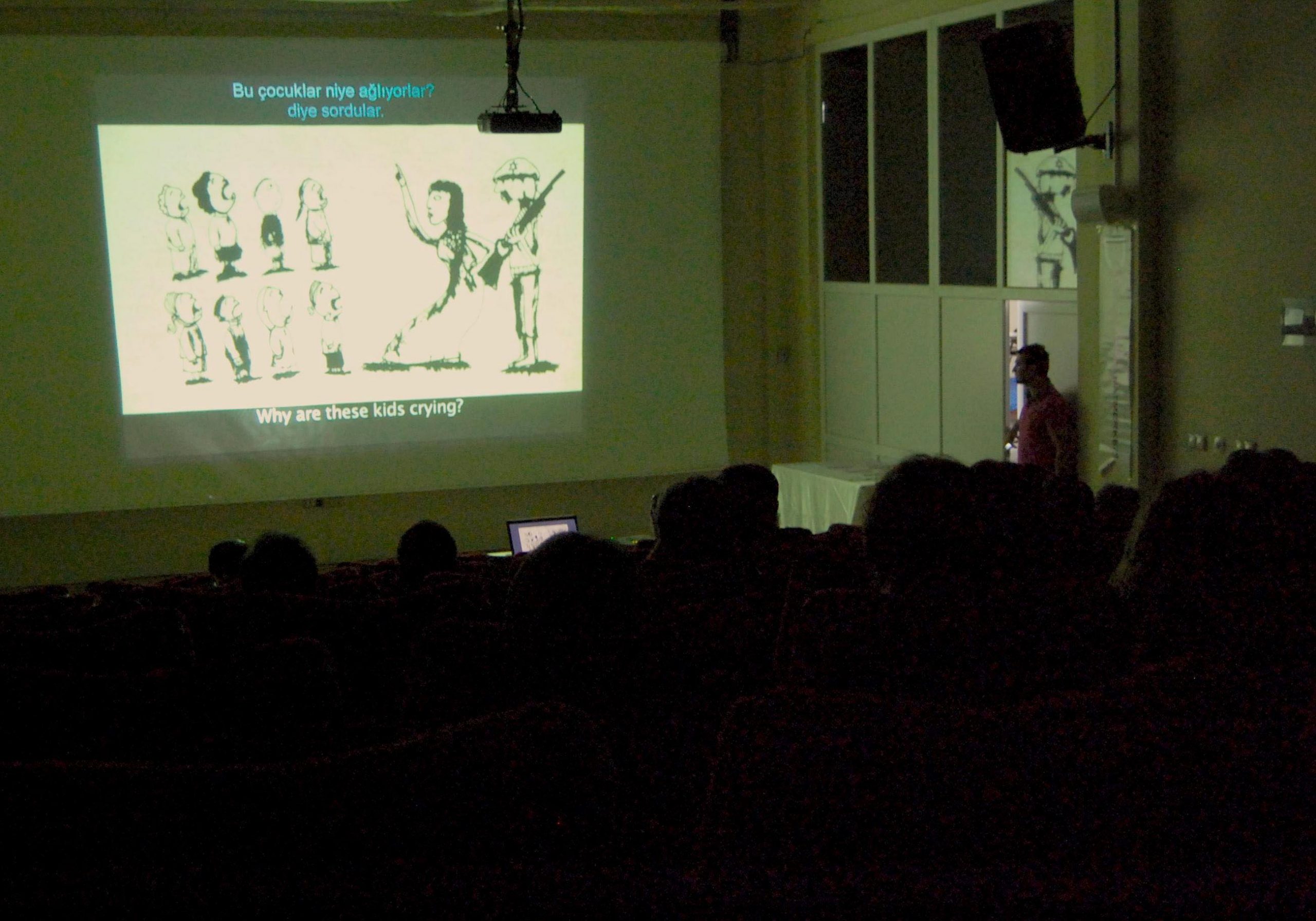
Women and LGBT
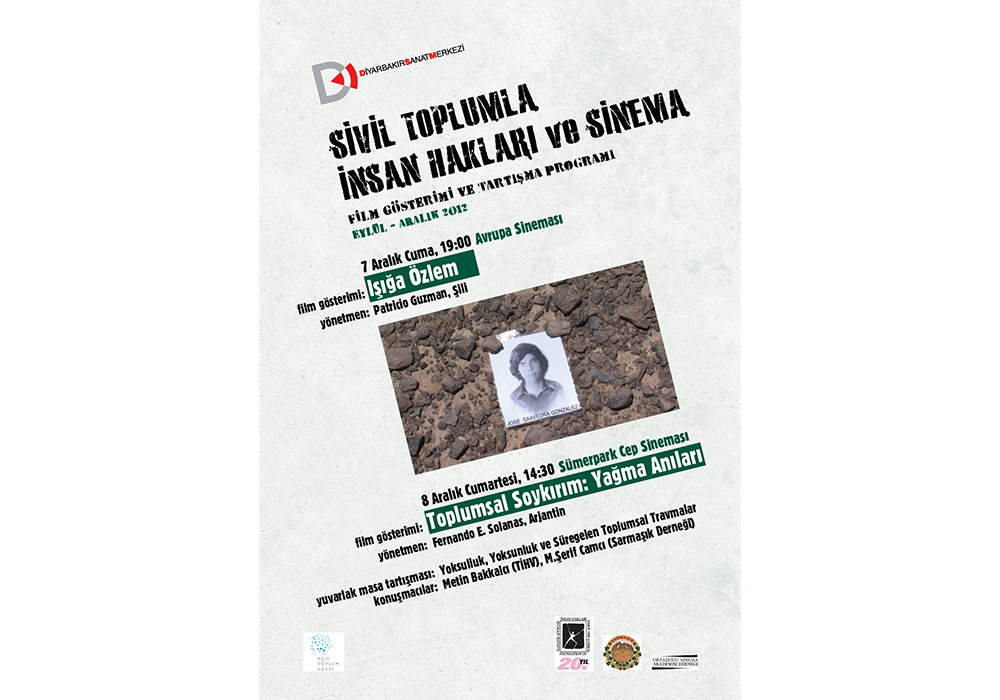
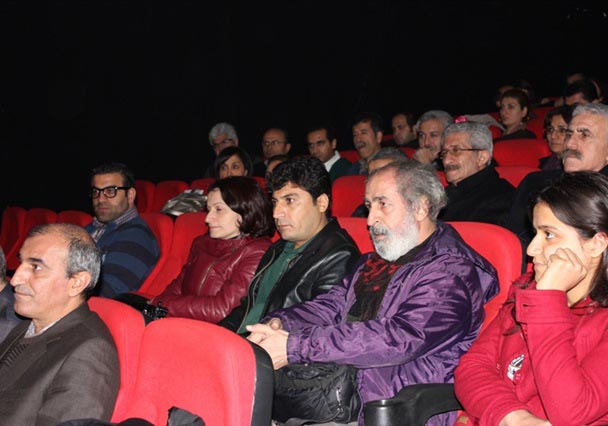
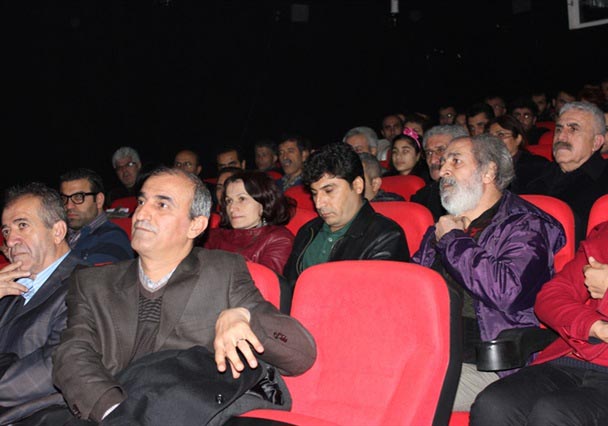
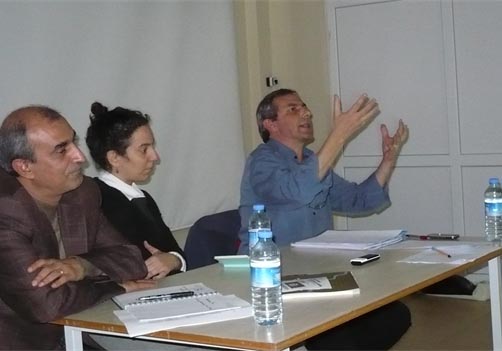
Human Rights and Social Justice
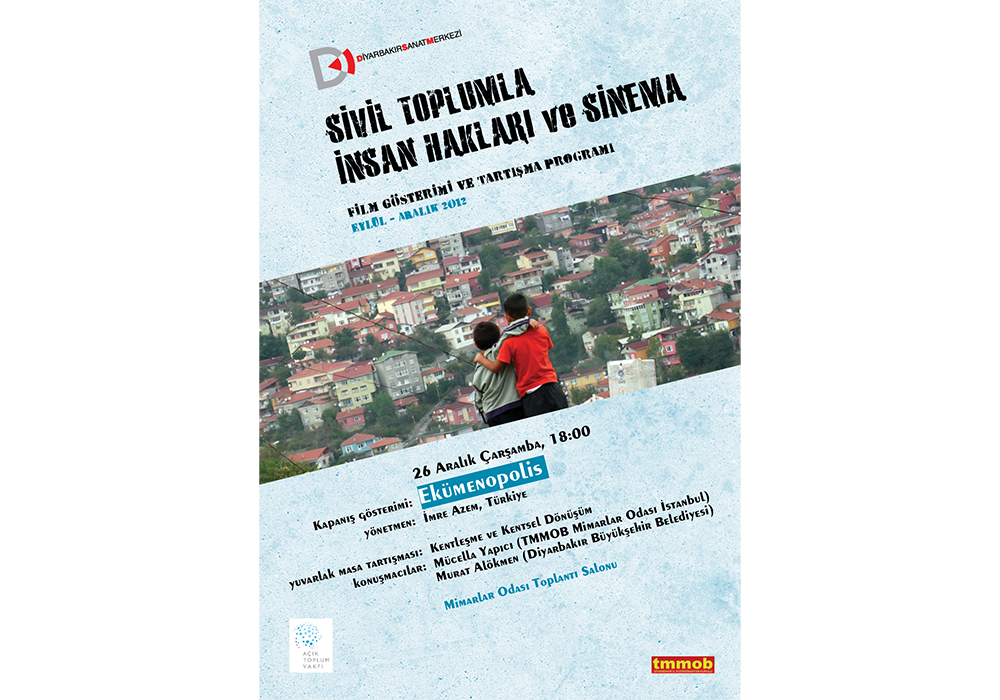
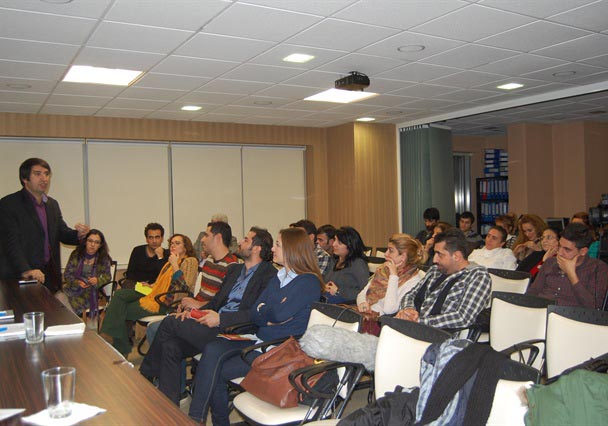
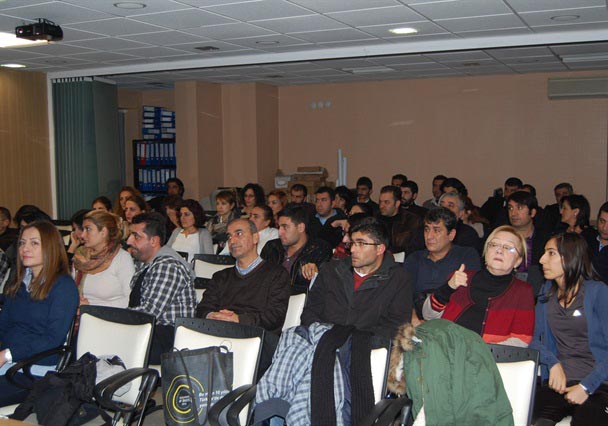
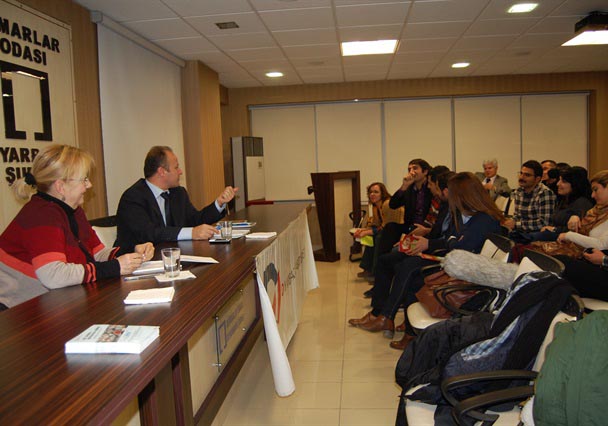
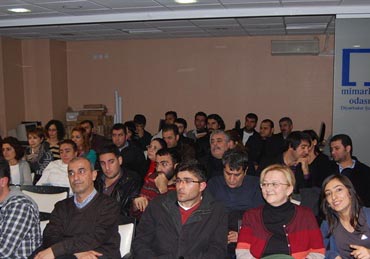
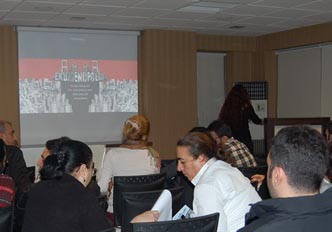
Urbanization and Urban Transformation
Diyarbakır Sanat Merkezi © 2023 / Tüm hakları saklıdır

